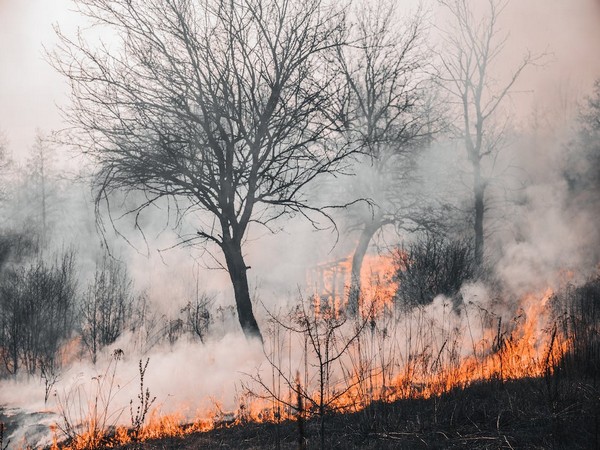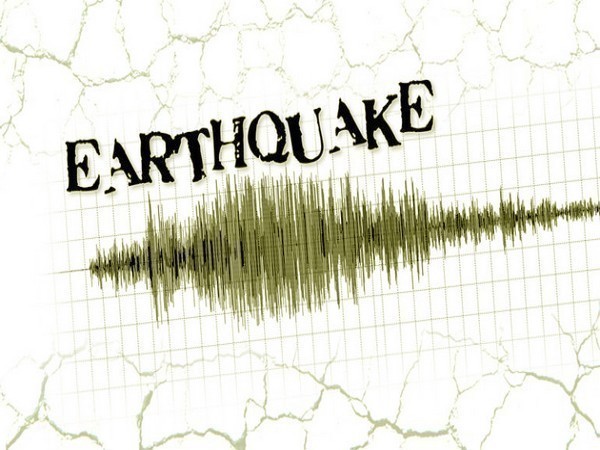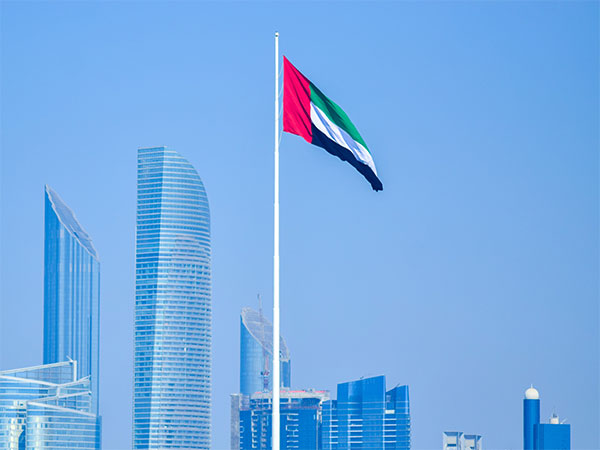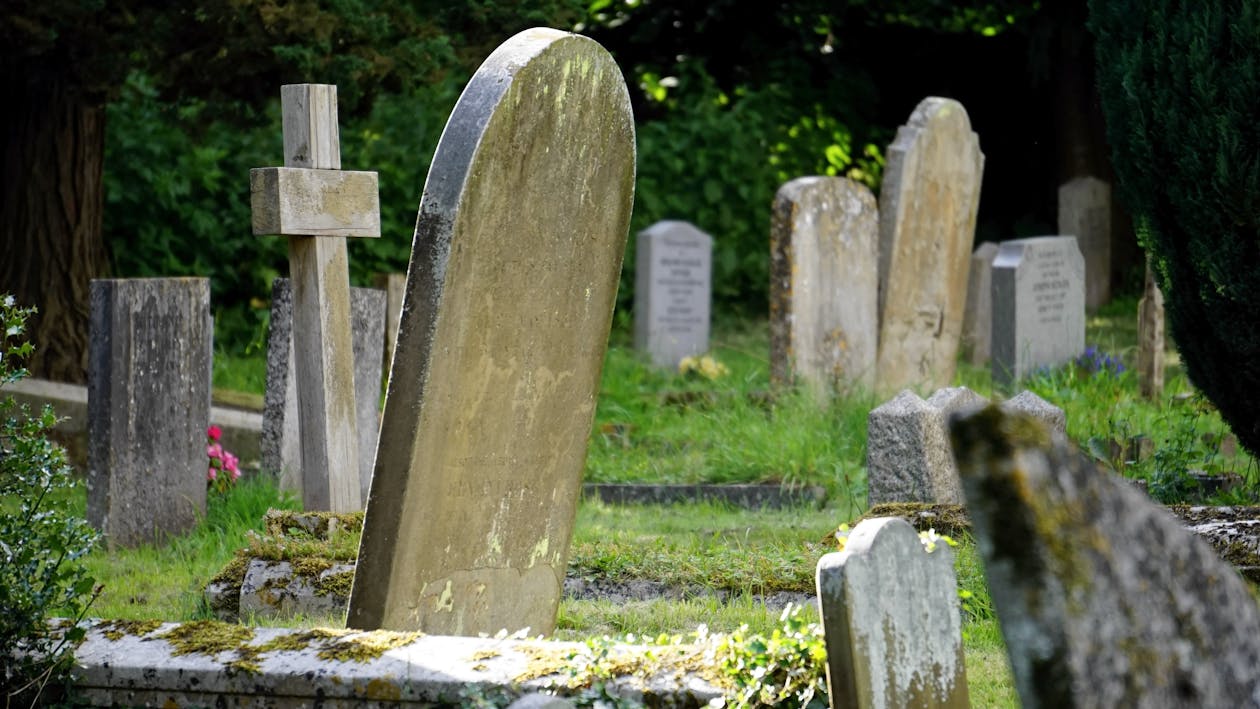Maui wildfire death toll hits 67 as questions raised over warnings
Aug 12, 2023
Hawaii [US], August 12:The death toll from the Maui wildfires rose 67 on Friday as search teams combed through the smoldering ruins of Lahaina and Hawaiian officials sought determine to how the inferno spread so rapidly through the historic resort town with little warning.
The fires became the deadliest natural disaster in the state's history, surpassing that of a tsunami that killed a number of people.
killed 61 people on the Big Island of Hawaii in 1960, a year after Hawaii joined the United States.
Officials have warned that search teams with cadaver dogs could still find more dead from the fire that torched 1,000 buildings and left thousands homeless, likely requiring many years and billions of dollars to rebuild.
Three days after the disaster, it remained unclear whether some residents had received any warning before the fire engulfed their homes.
The island includes emergency sirens intended to warn of natural disasters and other threats, but they did not appear to have sounded during the fire.
Officials have not offered a detailed picture of precisely what notifications were sent out, and whether they were done via text message, email or phone calls.
Green described multiple, simultaneous challenges, with telecommunications down and firefighters concentrating on other major wildfires when the greatest threat to Lahaina arose.
In any event, he said, "We will do all that we can to find out how to protect our people more going forward."
Maui County Fire Chief Bradford Ventura said at a Thursday press conference that the fire's speed made it "nearly impossible" for frontline responders to communicate with the emergency management officials who would typically provide real-time evacuation orders.
County Mayor Richard Bissen told NBC's "Today" show on Friday that he did not know whether sirens went off but said the fire moved extraordinarily quickly.
The disaster began unfolding just after midnight on Tuesday when a brush fire was reported in the town of Kula, roughly 35 miles (56 km) from Lahaina. About five hours later that morning, power was knocked out in Lahaina, according to residents.
In updates posted on Facebook that morning, Maui County said the Kula fire had consumed hundreds of acres of pastureland, but that a small three-acre (1.2-hecatre) brush fire that cropped up in Lahaina had been contained.
By that afternoon, however, the situation had turned more dire. At around 3:30 p.m., according to the county's updates, the Lahaina fire suddenly flared up. Some residents began evacuating while people, including hotel guests, on the town's west side were instructed to shelter in place.
In the ensuing hours, the county posted a series of evacuation orders on Facebook as the fire spread through the town.
Some witnesses said they had little advance notice, describing their terror when the blaze consumed Lahaina in what seemed a matter of minutes. Several people were forced to leap into the Pacific Ocean to save themselves.
The Lahaina evacuation was complicated by its coastal location next to hills, meaning there were only two ways out, at best, said Andrew Rumbach, a specialist in climate and communities at the Urban Institute in Washington.
County officials began allowing Lahaina residents back to their homes on Friday, even though much of Maui's western side remained without power and water. But the long traffic jam on the Kuihelani Highway crawled to a halt after an accident killed a pedestrian and led officials to close the highway in both directions.
Volunteers formed human chains on Friday afternoon at MaalaeaHarbor to transfer infant formula, diapers, clothes, fuel and other supplies onto boats.
Boat captains planned to sail around to the fire-affected areas and bring the supplies to the beach on jetskis, seconded from the area's tourism industry, as the waters were choppy and docks had been damaged by the fires.
The Maui blazes are the latest wildfires that have struck this summer around the globe. Fires forced tens of thousands of people in Greece, Spain, Portugal and other parts of Europe to evacuate, while in western Canada smoke from a series of severe fires blanketed a vast swath of the U.S. Midwest and East Coast.
Source: Fijian Broadcasting Corporation








